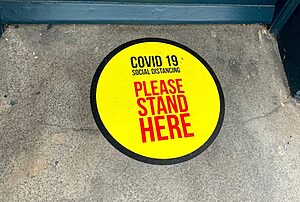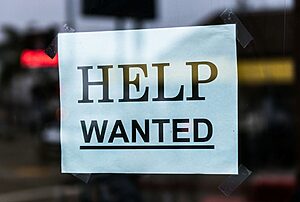In September 2020 Prime Minister Jacinda Ardern, who holds a Bachelor of Communication Studies in politics and public relations, famously related to the public that the Government is the “single source of truth”.
Since then, botched attempts and initiatives to control narratives for “disinformation” and “misinformation” may explain partly why trust in media is declining.
What is meant by disinformation when most journalists lean left?
A recent Worlds of Journalism Study found NZ journalists overwhelmingly identify as left leaning. There is also the perception that the Government’s Public Interest Journalism Fund promotes partisan ideological views in line with Labour’s policies. Taken together, it may suggest what is sometimes dubbed “disinformation” and “misinformation” are, in fact, narratives counter to those the Government favours.
TVNZ RNZ merger
Minister of Broadcasting Willie Jackson and the PM have both said a primary reason for the TVNZ / RNZ merger is to combat the rise of disinformation and misinformation. However, the new broadcaster would have less editorial independence as it would be a Crown entity subject to Ministerial oversight. Simon Power, CEO of TVNZ, commented the structure of the proposed entity will give Ministers ‘Muldoon era’ control. The Government has also been short on details about the merger fuelling further distrust in the venture.
There has been a lot of speculation that the proposed merger will be shelved, in part due to the widely reported fact that barely one fifth of Kiwis polled want it to take place.
Hamfisted Pharmac PR ban
Pharmac was busted trying to manage the media around its announcement of the cystic fibrosis fighting drug Trikafta. Pharmac –the government entity responsible for purchasing medication– issued a ban on MediaWorks and apparently worked out a behind the scenes deal with Newshub. The ban was apparently an attempt to preserve the scoop for journalist Patrick Gower in a made-for-TV PR stunt.
The awkward backfire resulted in Health Minister Andrew Little having to chase up his subordinates for an explanation whom he said had simply told him the media was to be informed that weekend of the drug’s availability.
MediaWorks host Rachel Smalley noted “Our newsroom provides news for 2.4m listeners across the Mediaworks network, so that is a big government-instigated media blackout.”
Smalley pointed out that what should’ve been one of the best news stories for the Government all year, turned into an embarrassing gaffe: “Staging a TV media event to tell very sick people that they will receive access to a life-saving drug in such a contrived and self-serving way serves no one – except the Government’s PR team.”
Conclusion
The decline of trust in media is a well documented and worldwide phenomenon and NZ is no different than many other governments around the world trying to control the narrative. It may be those efforts are turning people off to government messaging that they perceive is highly politicised and not reflective of true journalism.



















